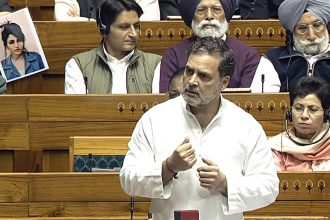NT BUZZ
During a recent MOG Sundays talk at the Museum of Goa, Pilerne, titled ‘Data Privacy in India: Navigating the Digital Age’, M. Aravind Subramaniam shared insights into the ongoing formulation of the Digital Personal Data Protection Act (DPDP), 2023. This legislation incorporates elements from the Bharatiya Nyaya Sanhita (BNS), 2023 (which replaced the Indian Penal Code), and the Information Technology (IT) Act, 2000, to address cybercrime and cyber fraud.
A senior advocate at the Madras High Court and a member of the Madras Bar Association, Subramaniam said: “The rapid growth of technology has led to the development of data protection laws worldwide to safeguard individual privacy. Now that Aadhaar is also being tagged, a vast amount of personal information is being shared, which can be detrimental in certain cases.”
According to him, the DPDP 2023 provides a strong framework for safeguarding personal data while ensuring privacy remains a fundamental right and supporting economic growth. “It aims to establish a structured approach to handling personal data, giving individuals greater control over its collection, processing, and usage. Also, it brings clarity and accountability for organisations, ensuring compliance and encouraging trust in digital systems.”
“India is among the first countries to outline regulations and restrictions on data usage across digital platforms. The DPDP 2023 seeks to balance individual privacy—especially for children—with the need for technological growth. The act was introduced to address the complexities of a digital-first economy while aligning individual rights, business interests, and national security,” he said.
Subramaniam also cautioned against blindly enabling digital applications or websites that request access to personal data.




